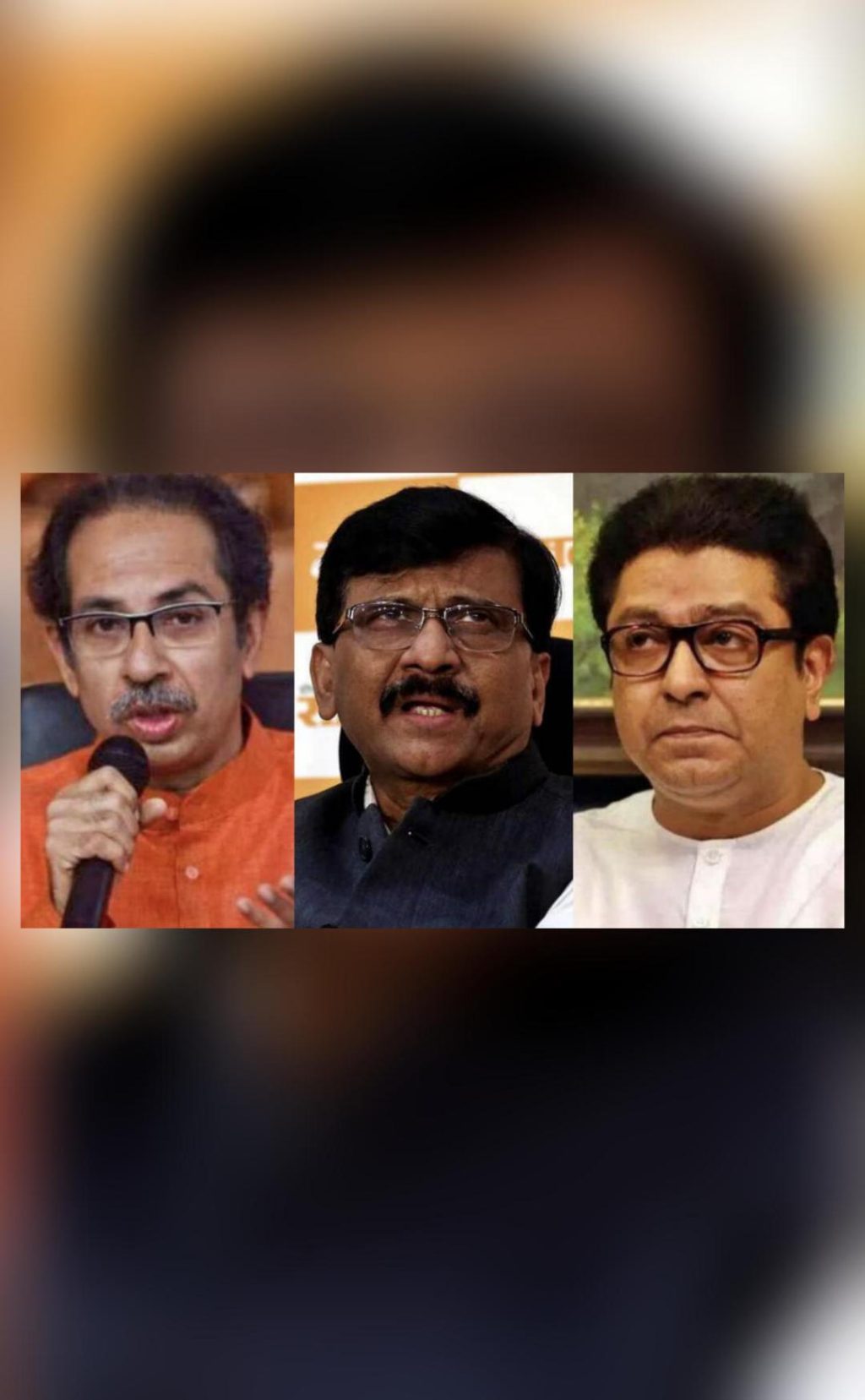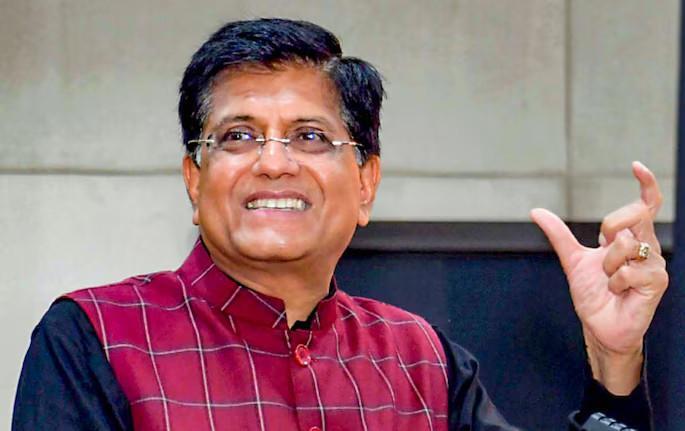
If Raj wants to come together, he shouldn’t side with our enemies: Raut
In a recent statement, Shiv Sena (UBT) MP Sanjay Raut has made it clear that if Maharashtra Navnirman Sena (MNS) chief Raj Thackeray wants to work together with the Shiv Sena (UBT), he should not give space to the enemies of Maharashtra and the Sena (UBT) in his home. Raut’s remark comes after both Uddhav Thackeray, the Sena (UBT) leader, and Raj Thackeray expressed their willingness to work together.
It is worth noting that the Shiv Sena (UBT) and the MNS have a long history of rivalry, with both parties having their own distinct ideologies and agendas. However, in recent times, it seems that there has been a growing need for cooperation and unity among various factions of the Hindutva movement.
Raj Thackeray’s willingness to work together with the Shiv Sena (UBT) was seen as a significant development, as it was seen as an opportunity to bring together two powerful forces that have been at odds with each other for a long time. However, Raut’s statement suggests that there are still some hurdles to overcome before the two parties can come together.
Raut’s statement was made in response to a question about the possibility of the Shiv Sena (UBT) and the MNS working together. He made it clear that the Sena (UBT) is willing to talk to the MNS, but only if Raj Thackeray is willing to distance himself from the enemies of Maharashtra and the Sena (UBT).
Raut’s statement suggests that the Sena (UBT) is looking for a way to build bridges with the MNS, but it is also clear that the Sena (UBT) is not willing to compromise on its principles and values. The Sena (UBT) has a long history of fighting for the rights of the Marathi people and has been a vocal critic of the BJP’s policies, which it sees as being detrimental to the interests of the people of Maharashtra.
On the other hand, the MNS has its own distinct ideology and agenda, which is focused on issues such as farmer welfare, labor rights, and the protection of the rights of the Marathi people. While the MNS has been critical of the BJP’s policies, it has also been known to take a more moderate approach to politics, which some see as being more palatable to the Sena (UBT).
It is worth noting that the Shiv Sena (UBT) and the MNS have a shared history and ideology, and both parties have been influenced by the Hindutva movement. However, the two parties have also had their differences, particularly in recent times, as the Sena (UBT) has become more critical of the BJP’s policies.
In recent years, the Sena (UBT) has been critical of the BJP’s policies, particularly its handling of issues such as the Ram Mandir and the Citizenship Amendment Act. The Sena (UBT) has also been critical of the BJP’s handling of the COVID-19 pandemic, which it sees as being incompetent and ineffective.
The MNS, on the other hand, has been more focused on issues such as farmer welfare and labor rights, which are seen as being more relevant to the people of Maharashtra. The MNS has also been critical of the BJP’s policies, particularly its handling of issues such as the farmers’ protest and the labor laws.
It is clear that the Shiv Sena (UBT) and the MNS have a long way to go before they can come together and work towards a common goal. However, it is also clear that there is a growing need for cooperation and unity among various factions of the Hindutva movement.
Raut’s statement suggests that the Sena (UBT) is willing to talk to the MNS, but it is also clear that the Sena (UBT) is not willing to compromise on its principles and values. The Sena (UBT) has a long history of fighting for the rights of the Marathi people and has been a vocal critic of the BJP’s policies, which it sees as being detrimental to the interests of the people of Maharashtra.
In conclusion, Raut’s statement suggests that the Shiv Sena (UBT) is willing to talk to the MNS, but only if Raj Thackeray is willing to distance himself from the enemies of Maharashtra and the Sena (UBT). It is clear that the Sena (UBT) is looking for a way to build bridges with the MNS, but it is also clear that the Sena (UBT) is not willing to compromise on its principles and values.






